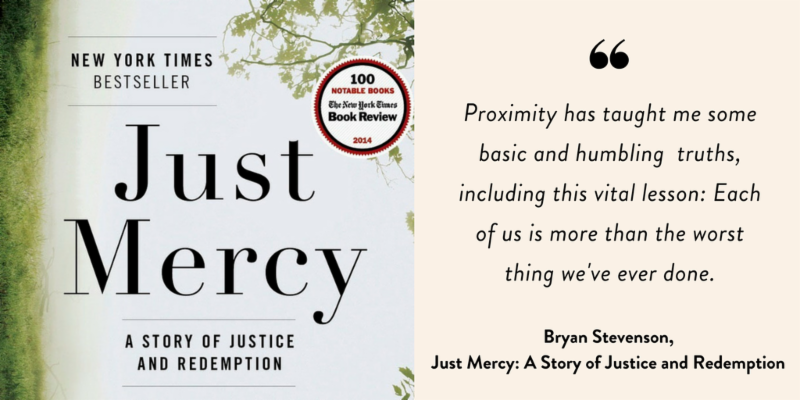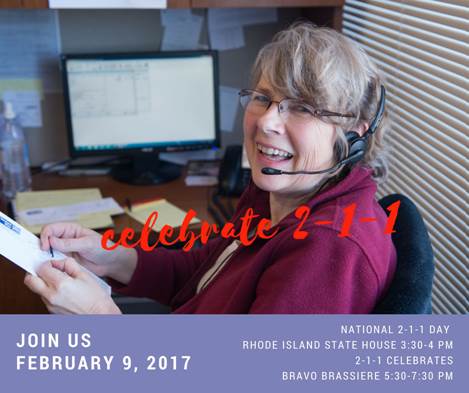Johnson Amendment Executive Order
President Donald Trump recently released a “Promoting Free Speech and Religious Liberty” executive order (EO) relaxing enforcement of regulations governing religious organization’s ability to participate in election and candidate politics. The Forum has released a statement in response to the EO. In addition, The Chronicle of Philanthropy posed an analysis of the EO: “Trump’s Effort to Loosen Rule on Politics in Churches Will Matter Little, Say Experts.”
- National Council of Nonprofits Written Testimony for the record of the House Oversight Hearing, including the Community Letter in Support of Nonpartisanship and comments from more than 100 charitable nonprofits, including churches, and foundations.
- National Council of Nonprofits Statement on “Religious Freedom” Executive Order, May 4, 2017.
- Protect Nonprofit Nonpartisanship: Oppose Efforts to Repeal or Weaken the Johnson Amendment, Issue Summary from Council of Nonprofits, April 11, 2017.
Earlier this year, President Trump indicated his desire to repeal the Johnson Amendment, a 60-year-old law that prevents 501c3 organizations from endorsing or financially supporting political candidates. In response, several bills have been introduced in Congress to repeal or severely weaken the law. At the time the Forum, GCRI’s national affiliate, produced an official statement on the Johnson Amendment.
The Forum believes that any repeal or weakening of the Johnson Amendment would have serious negative impacts on private foundations and other 501c3 organizations. Foundation CEOs, staffs and boards could find themselves feeling pressured to not only endorse political candidates at local, state and federal levels but to support them financially, draining resources that would otherwise be going to charitable purposes. The Council on Foundations has determined that private foundations can lobby on this issue under the self-defense exception to lobbying restrictions on private foundations.
A collaborative campaign, led by National Council of Nonprofits, is inviting organizations to sign on to a Community Letter in Support of Nonpartisanship opposing any repeal of the Johnson Amendment. The Forum has signed on to this letter and is a part of a collaborative coalition behind the letter.
According to a determination by the Council on Foundations, it is legally permissible for private foundations to lobby on legislation related to the Johnson Amendment, under the self-defense exception. Private foundations are barred by law from lobbying with a few exceptions, and one such exception is the self-defense exception. As described by the Alliance for Justice, the self-defense exception allows a private foundation to communicate with legislators to express an opinion about any legislation that “could affect the organization’s existence, powers, duties, tax-exempt status, or the deductibility of contributions to the organization.” It is the Council on Foundations’ position that any proposed legislation that would repeal or modify the Johnson Amendment would directly affect the powers and duties of a private foundation or other exempt organization.



